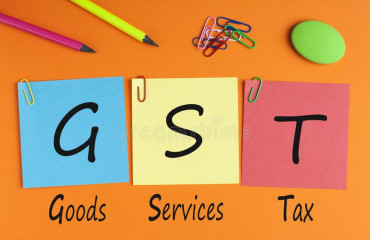
A new central excise law will replace the existing eight-decade-old Central Excise Act, the finance ministry said on Tuesday while seeking public comments on a draft bill.
A new central excise law will replace the existing eight-decade-old Central Excise Act, the finance ministry said on Tuesday while seeking public comments on a draft bill.
After most of the goods have been subsumed into the Goods and Services Tax (GST), only crude oil, petrol, diesel, natural gas and jet fuel are covered under the Central Excise Act. However, these yield substantial tax revenues to the Union government and to state governments which levy value added tax (VAT) on them instead of state GST (SGST). The Centre collected more than ₹3 trillion from central excise in FY24, a bit lower than ₹3.19 trillion collected in the year before.
Also Read: The caveat you need to know while reading the GST 'record' in April
Central Excise Bill
The finance ministry said that the Central Board of Indirect Taxes and Customs (CBIC) has sought feedback on a draft Central Excise Bill, 2024 by 26 June as part of the pre-legislative consultative process. Considering the time of the release of the draft law for comments and the timeline for submission of comments, it appears this new bill might be introduced in the upcoming budget session, said Gunjan Prabhakaran, partner and leader of indirect tax at BDO India.
"Once enacted, the Bill shall replace the Central Excise Act, 1944. The Bill aims to enact a comprehensive modern central excise law with an emphasis on promoting ease of doing business and repealing old and redundant provisions," the ministry said. The proposed Bill has twelve chapters, 114 sections and two schedules. Replacing archaic laws has been a legislative agenda for the National Democratic Alliance (NDA) government. Over time, multiple amendments to the law make the provisions complicated and difficult to comprehend. Replacing it with a modern law could help professionals and businesses in compliance.
Industry demand
Although the industry has been demanding inclusion of crude oil and petroleum products within GST, it could not be achieved due to lack of consensus as states are not very keen to give up their taxation powers on these items in favour of the GST Council. Unlike excise law, GST avoids anomalies like 'tax on tax' as GST is levied at each successive stage of the supply chain only on the extent of value added at that stage. That reduces the cost of doing business and reduces the tax burden on the end consumer.
